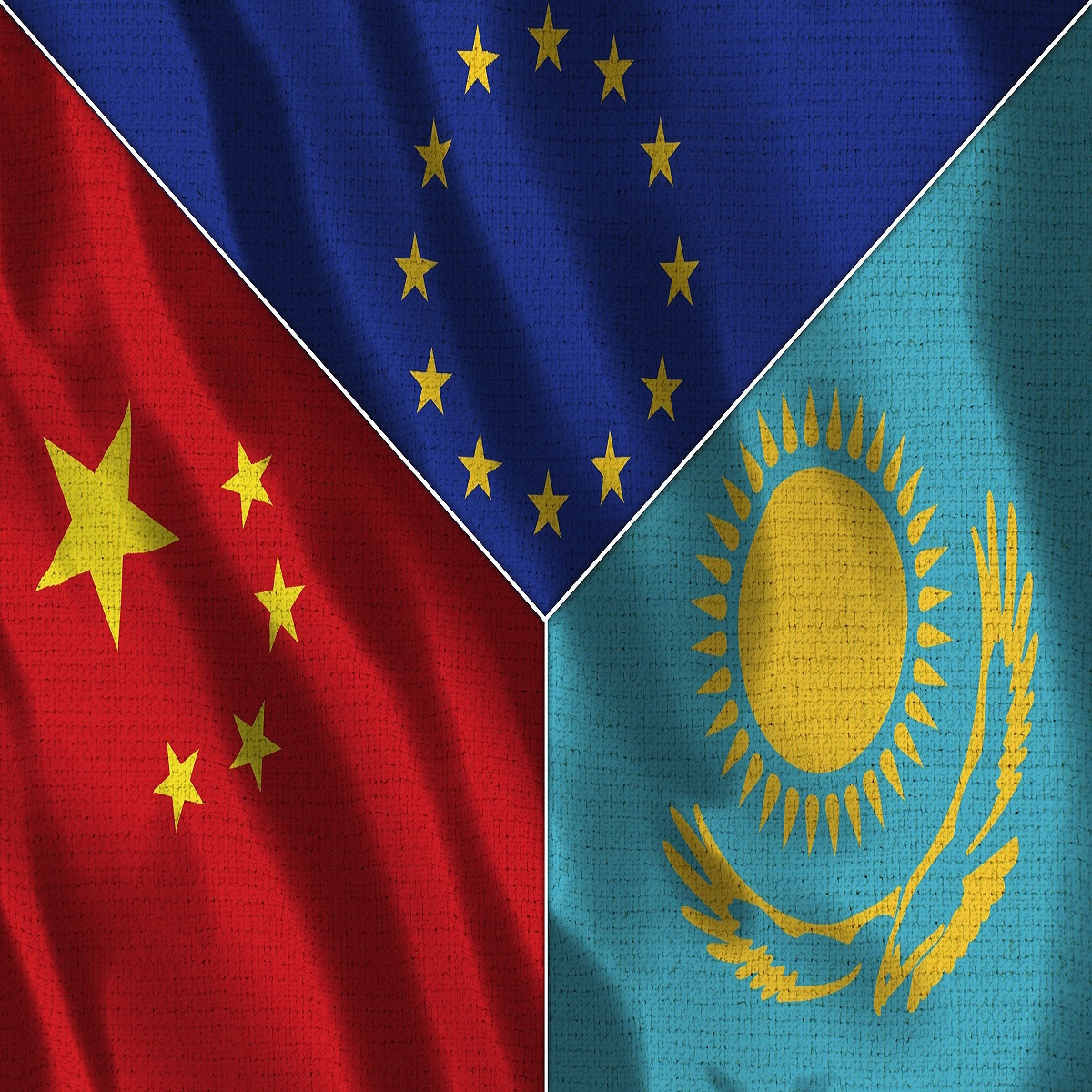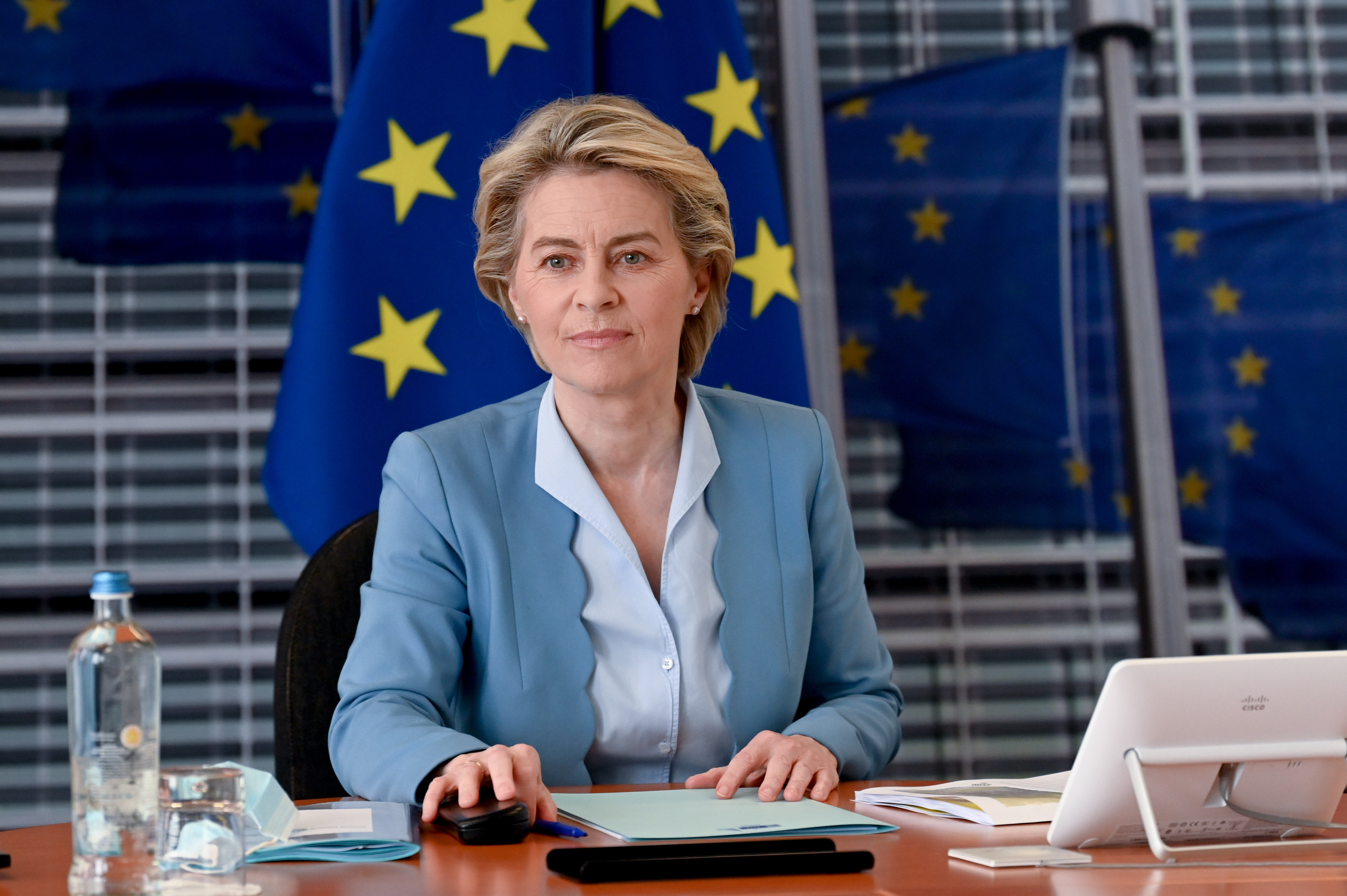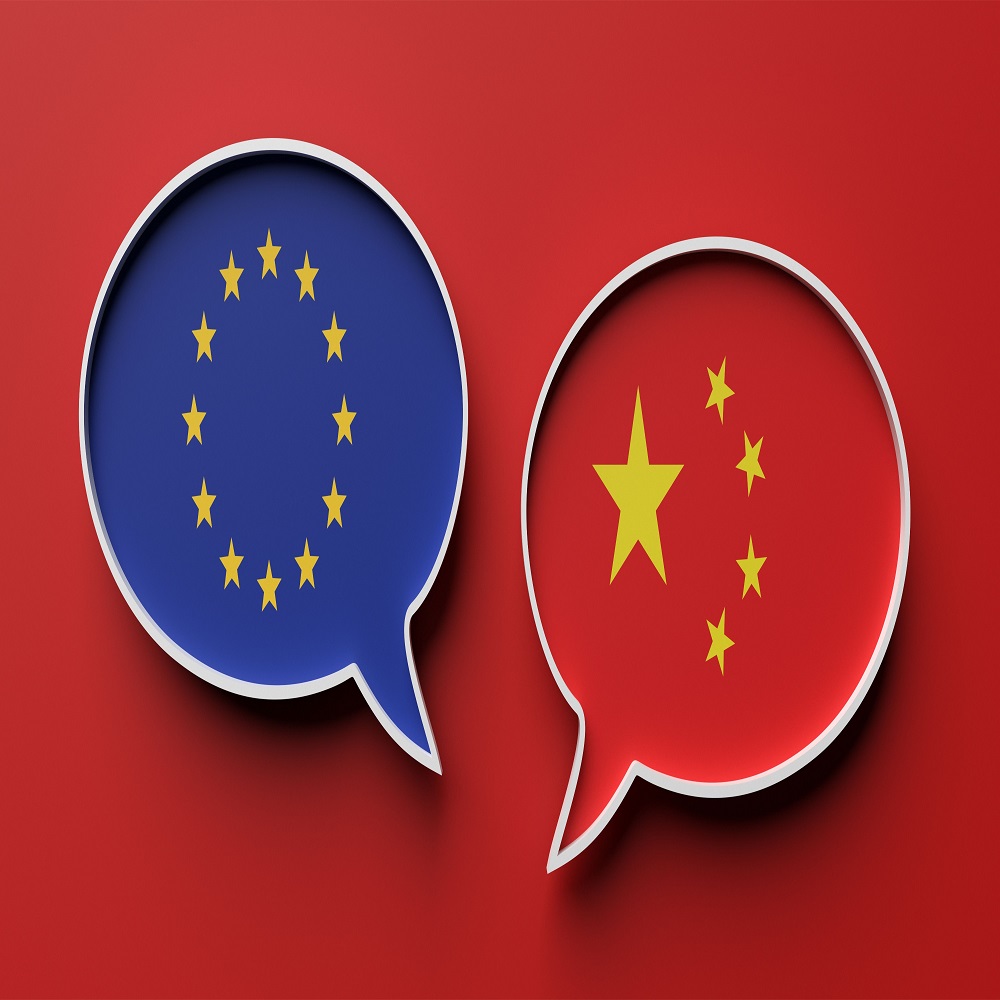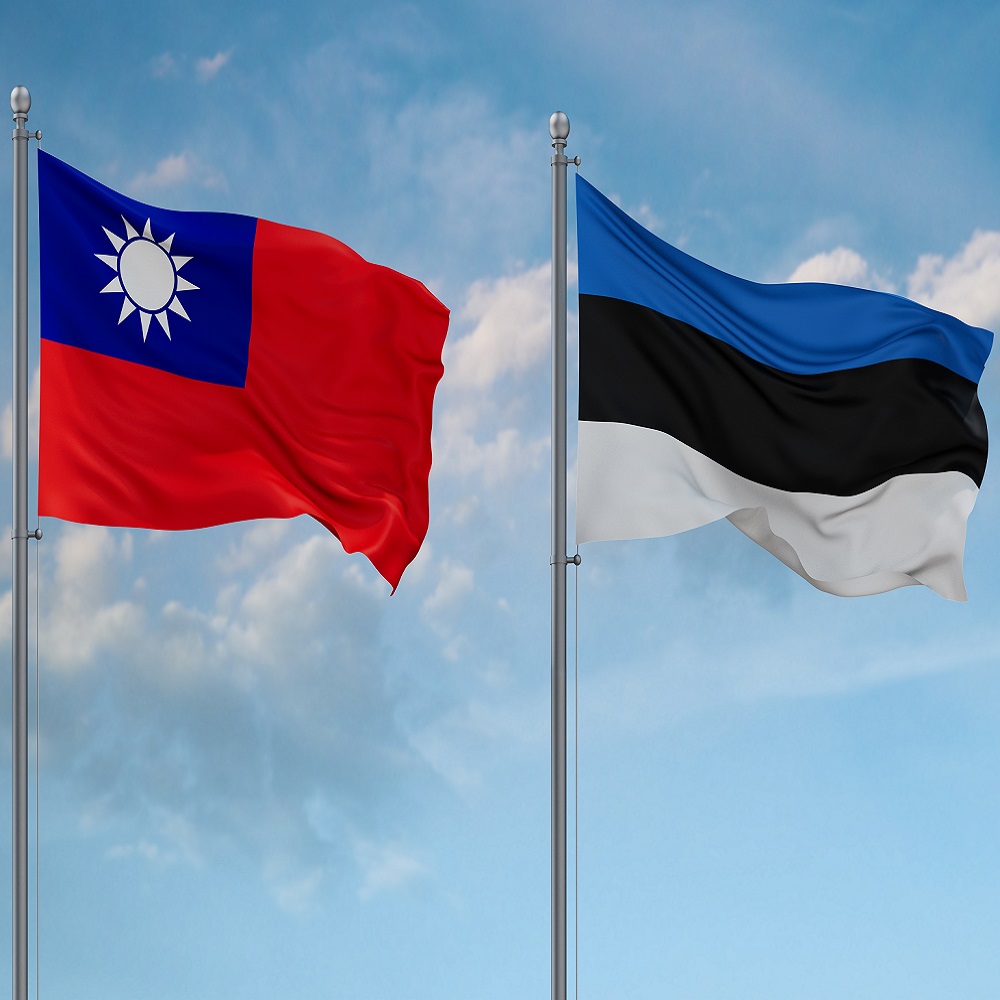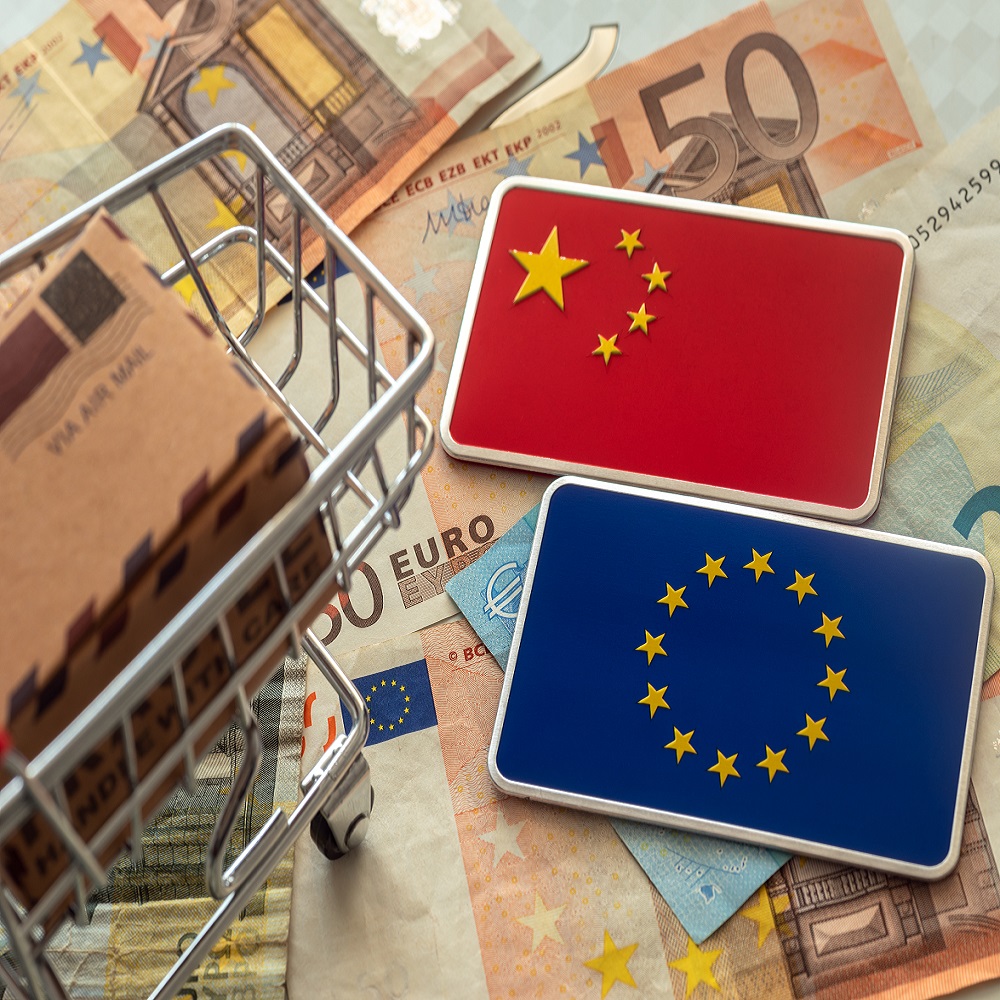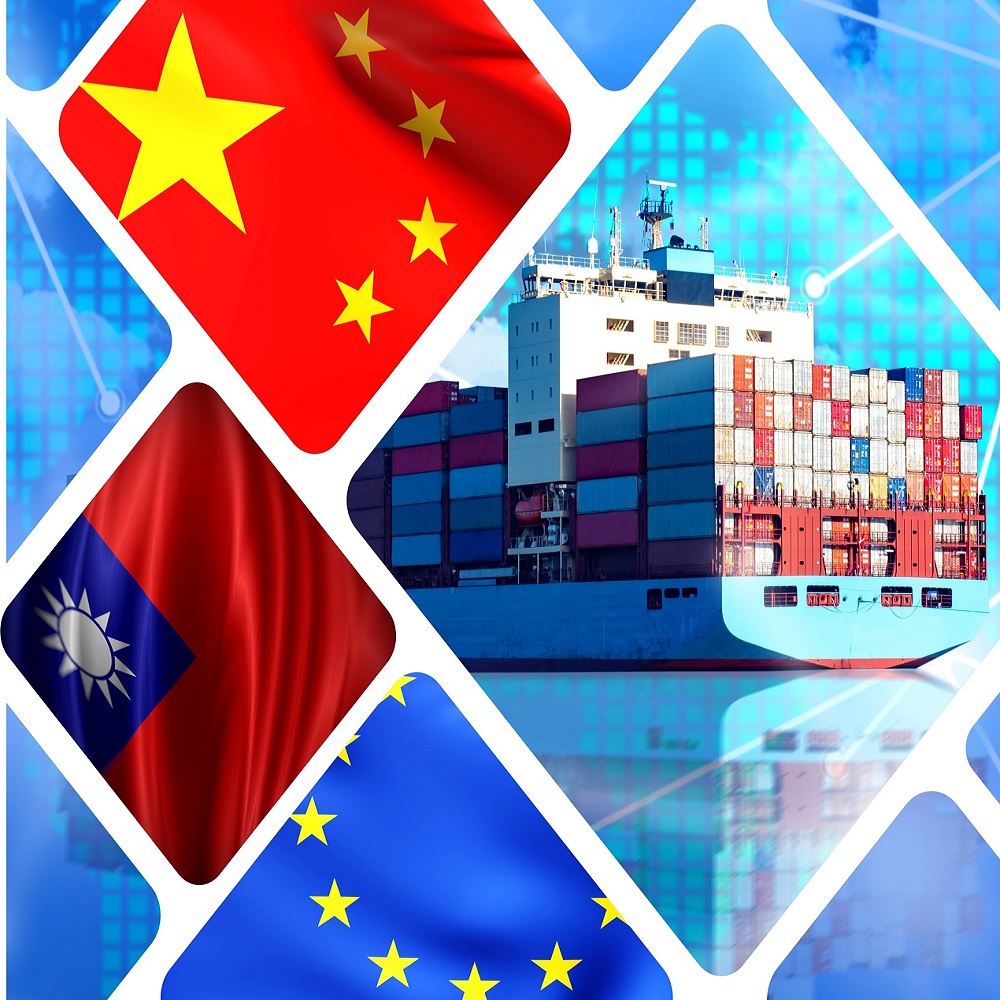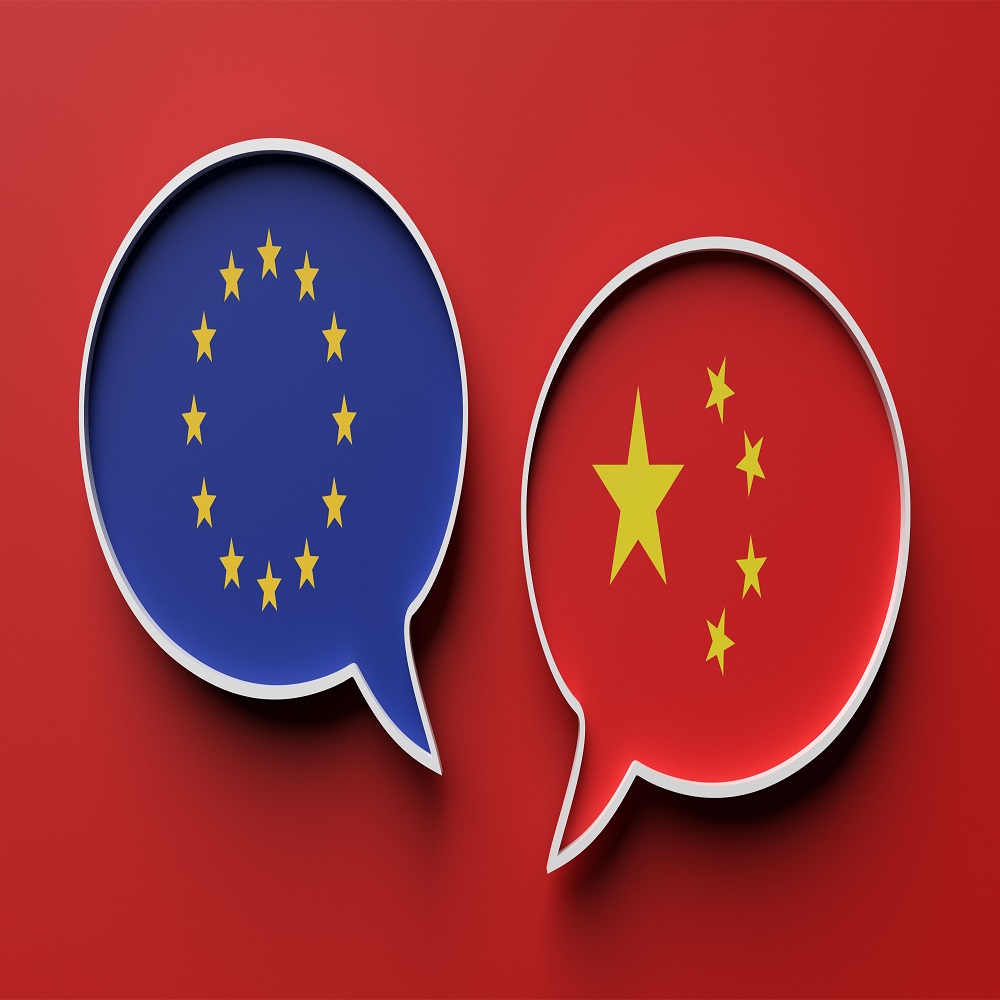
How might China hit back over the EU’s electric vehicle anti-subsidy investigation?
by Alicia García Herrero
China’s silence towards the European Union’s electric vehicle probe could mean that a more harmful retaliation is on its way During her State of the Union address on 13 September, European Commission President Ursula von der Leyen announced that the European Union would undertake an anti-subsidy probe against the Chinese electric vehicle (EV) sector. This signalled a major step in the EU’s shift to a more aggressive trade defence against China and raises the question of how China will react, given the importance of the Chinese market to key sectors of the European economy (including the auto and luxury sectors), and also given China’s crucial role in providing goods to the EU for the green transition? An EU-China High Economic and Trade dialogue on 25 September in Beijing, between EU Trade Commissioner Valdis Dombrovskis and his Chinese counterparts, may have given a glimpse into China’s mindset. There were fears Chinese officials would respond aggressively to von der Leyen’s announcement during Dombrovskis’s visit but this was not the case. Nevertheless, the silence may be deceptive. Three main factors should be taken into account when considering potential Chinese retaliation. Subtle but harmful retaliation First, China might file its own anti-subsidy investigation at the World Trade Organisation against key European sectors. This would not be difficult since Europe has ramped up its subsidies massively since the pandemic, and more recently has attempted to gain more ‘strategic autonomy’ in sectors including semiconductors. There is very little the EU can do about this potential retaliation, which would be costly for the sectors targeted and for the EU’s image as a free-trade and WTO champion. Second, China could try to persuade EU governments that the Commission-led investigation should be withdrawn. A similar probe happened in early 2014, when the EU launched an anti-subsidy investigation into solar panels produced in China. President Xi Jinping visited then Chancellor Angela Merkel right after the anti-subsidy investigation was announced. Subsequently, the issue was settled quickly, with the Commission withdrawing the case from the WTO. Based on this previous experience, China might prefer to take up the issue bilaterally, possibly with Germany again, rather than enter discussions with the Commission. But a major difference this time is the relative importance of the auto sector in the EU compared to solar power. The auto sector accounts for 14 million jobs in Europe and a good part of the EU’s exports. Exports of cars and components are heavily concentrated in a few EU countries, especially Germany. These exports to China have plummeted in 2023, with a close to 30% drop, and Chinese competition in third markets and even the EU market, has become much more intense. Third, also unlike the solar-panel probe, it is the Commission and not the sector being harmed that has filed the case. It will be harder for the Commission to withdraw the investigation because it would lose credibility. Merkel decided to accommodate Xi Jinping’s request in 2014 because she wanted to save the auto sector, even at the cost of hurting a smaller part of the German economy – the solar panel companies. The new investigation aims to protect the automotive sector. There could be consequences for major European auto companies producing electric vehicles in China, but jobs in Europe are now more important than the future of those companies in China. In any case, the future of European manufacturers is bleak; they seem to have already lost the EV race to their Chinese competitors. China will find it much harder to move the EU away from its decision to pursue an anti-subsidy investigation, differently to what happened in 2014. Lessons to learn There might be a lesson for Europe in what happened to Apple in China in September. Days before Apple’s launch of its new iPhone 15, Huawei launched its Mate 60 with upgraded functionalities which require high-end semiconductors. Beyond raising doubts about the effectiveness of US-led export controls on advanced semiconductors, this announcement constituted a direct challenge to Apple’s phone sales in China. Chinese officials were also prohibited from using iPhones and rumours spread in Chinese media in advance of the Apple launch about the underwhelming quality of the iPhone 15. Investors dumped Apple stock globally and the company lost about 6% of its value in a few days. China’s retaliation against the Commission’s anti-subsidy investigation might not be as direct and transparent, but it will still be harmful and might offer less room for the EU to respond. Europe’s strategic dependence on China is greater than in 2014 and this probe has the potential to cause a bigger fall-out for the EU. China has strengthened its position as a global power and uncompetitive behaviour could hit European core sectors harder because China has more power to retaliate. On the flip side, the stakes are higher for the EU given the importance of the auto sector in terms of jobs and exports. For that reason, China may not manage to deter the EU’s investigation as easily as it did in the past. But this may prompt China to threaten even larger retaliation.









